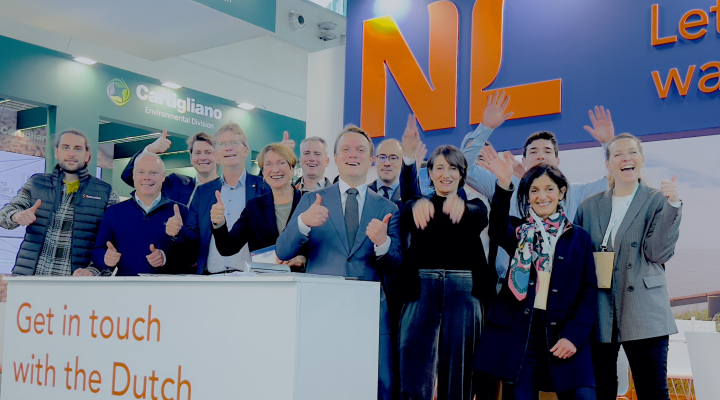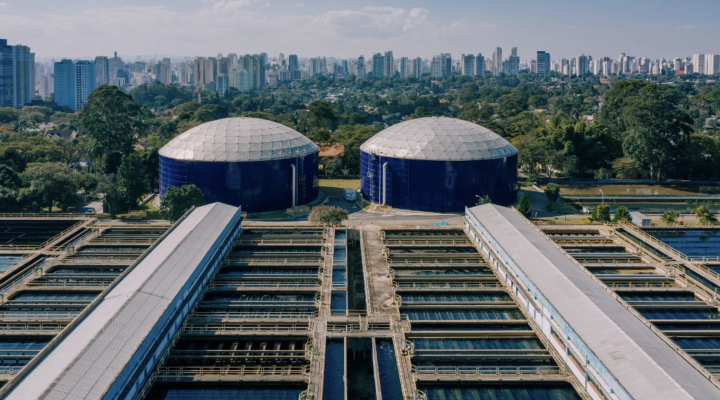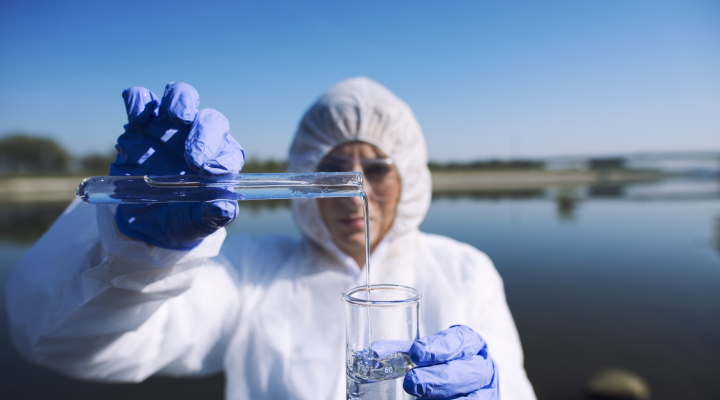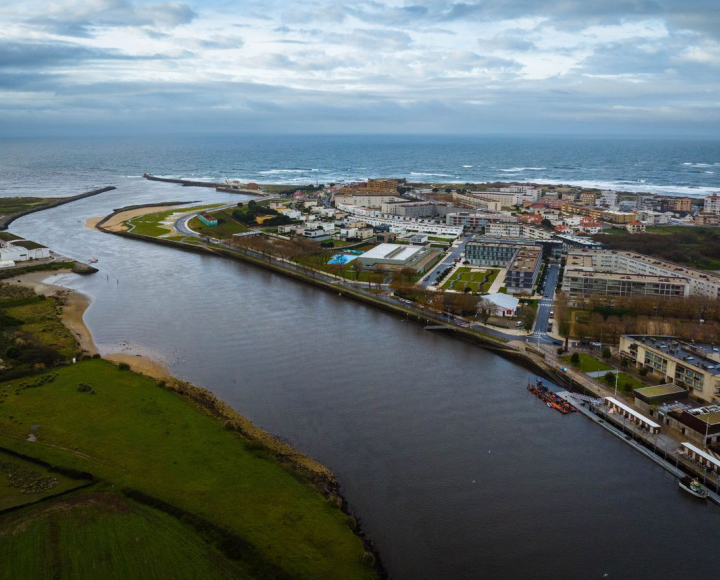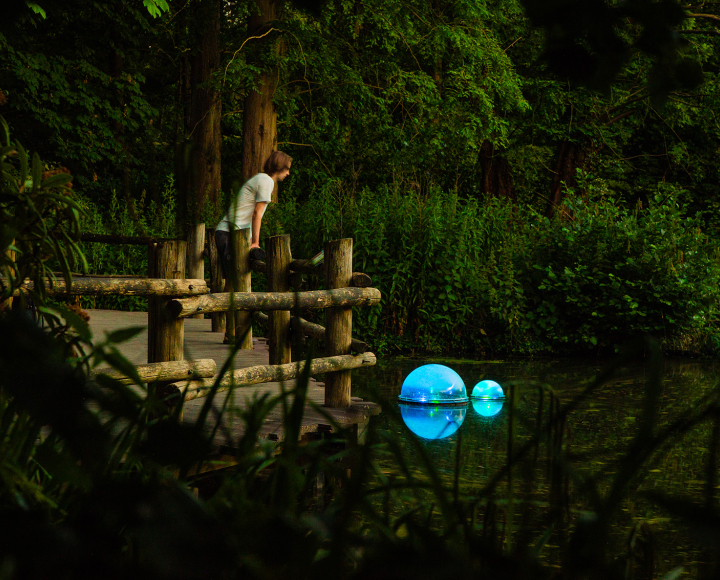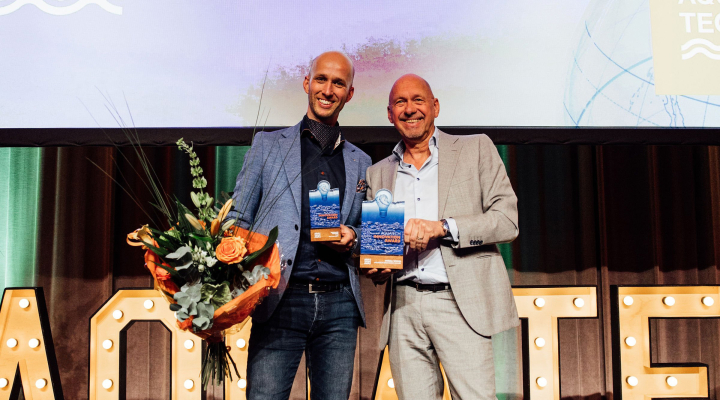AD16: Lettinga Award for anaerobic recovery of metals from electronic waste
Lecturer and researcher Simon Hageman at Saxion University of Applied Sciences received the Lettinga Award 2019. He was awarded the prestigious award for his research into the sustainability of recycling processes for metals from discarded electronics.
Hageman received the award during the 16th edition of the IWA Anaerobic Digestion conference, that took place from 23 till 27 June in Delft, the Netherlands.
Higher quality of recovered metals
The research concerns the application of anaerobic digestion of wastewaters from electronic waste to recover resources. E-waste recycling processes include an acid leaching step that results in a leachate containing finite and scarce metals, such as Copper (Cu), Silver (Ag), Zinc (Zn), Manganese (Mn), Bismuth (Bi) and Selenium (Se).
Hageman’s study focuses on the idea to bioprocess of waterborne sulfide particles to biogenic sulfide through anaerobic digestion.
The resulting will be recovered metals of high quality and pure form that can be recycled into industrial applications.
Great potential
The research by Hageman is still in a preliminary stage. However, the judges were unanimous about the project due to the potential great impact if proven successful. Hageman was excited about receiving the award. ‘The prize money allows me to continue my research and start the first lab tests’, he said.
The award was handed out to him by Gatze Lettinga himself, a renowned pioneer on aerobic digestion after whom the award is named.
Previous winners
The Lettinga Award was initiated in 2001 and has been awarded for seven times now. Previous winners were:
- 2017 - Dark photosynthesis
Adding value to anaerobic digestion by development of process to grow plants on electricity in a anaerobic bioreactor using the nutrients from waste water.
- 2015 – SimGas
Adding value to anaerobic digestion by development of a biogas powered milk chilling solution for East African smallholder farmers
- 2013 - Shiva Salek
Adding value to anaerobic digestion by production of biobased materials and methane enriched biogas using alkaline silicate minerals
About the Lettinga Award
The Lettinga Award, a cash prize of 10,000 euro is an initiative of the Lettinga Foundation. It is awarded to stimulate the development and implementation of innovative anaerobic digestion ideas.
It is a biannual award that is organized each year when an IWA Anaerobic Digestion congress is held.
The sponsors of the Lettinga Award 2019 are Paques, Biothane and LeAF.




